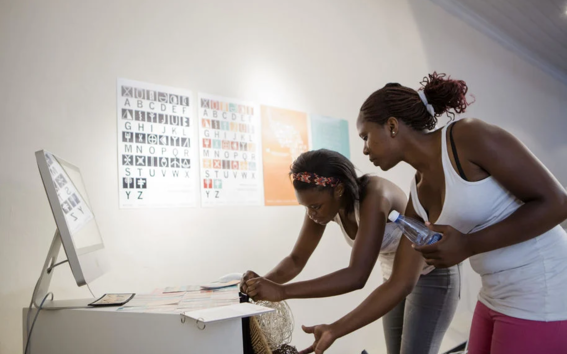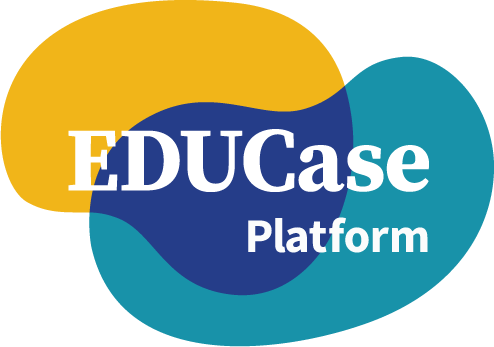Integrating entrepreneurship into forestry and agriculture education is critical for Africa

Integrating entrepreneurship into forestry and agriculture education is critical for Africa, especially giving the current youth unemployment crises as well as the ever-present need for innovation.
‘Entrepreneurship exposure during university studies equips students with the critical thinking, innovation, and business skills needed to address environmental challenges, promote sustainable development, and make the most of their technical skills,’ says Assistant Professor Patrick Shulist. Since coming to Aalto University School of Business in 2018, he has been deeply involved in developing entrepreneurship education in Africa.
Most recently, Patrick Shulist’s efforts have focused on leading the entrepreneurship components of two largescale, multi-partner projects, which are PBL BioAfrica* and FOREST21**.
The PBL BioAfrica project is a €1,500,000 collaboration between Aalto, HAMK (Häme University of Applied Sciences), and five African universities in Kenya and Zambia. The goal is to integrate climate-smart entrepreneurship into agricultural curricula.
FOREST21 is a €1,000,000 Erasmus+ funded project involving universities from Finland, South Africa, and Norway. The goal of the project is to integrate climate-smart entrepreneurship into the forestry sector in South Africa.
Deep collaboration with partners in Africa
Both projects rely on deep and multifaceted collaboration with African partner universities. ‘So, while I work primarily on the entrepreneurship aspects of the projects, Aalto Global Impact (AGI) works tirelessly to deliver training to lecturers on problem-based learning competences. They also coordinate the travel of multiple student teams to Kenya, Zambia, and South Africa annually to participate in problem-based learning with their peers at partner universities,’ Patrick Shulist says.
Since these projects started in 2024, Shulist has been working with program heads and lecturers at partner universities to think creatively about how to integrate entrepreneurship at the curriculum level.
‘A big part of curriculum development is working with forestry and agriculture faculty to understand what entrepreneurship is, why it is important, how to teach it, and most importantly how it can easily fit within one's courses and curricula. To make sure all our work will persist after the projects end, I also created and filmed a 7-module, 27-part, online videos series overview for faculty at partner universities to use in the future.’
Additionally, Patrick Shulist has done collaboration in designing two new courses and an incubator program. One of the key activities for him has been working with individual lecturers to integrate entrepreneurship content into their courses, especially through short exercises to get students into an entrepreneurial mindset.
In addition to these projects, he is also involved in another Aalto initiative in Africa. In the 5G for Entrepreneurs project he has been working with partners in Zambia, Nigeria, and Ethiopia to teach students the basics of entrepreneurship so that they can develop their own ideas and prototype products.
‘As part of this, I have delivered course content, and also oversaw the development of a 6-part video lecture series to be used by partners in their future teaching.´
***
*PBL BioAfrica, Problem-based learning bioeconomy entrepreneurship and capacity building programme in Africa
**FOREST21, 21st Century Climate-Smart Forestry Education for Livelihood and Sustainability in South Africa
More information is available here.
Read more news
Breaking the Darkness: Tackling energy crisis in Lesotho
Lesotho, often called the Kingdom in the Sky due to its high altitude, faces a severe energy crisis, with nearly half of its population lacking access to reliable electricity.
Transforming Interdisciplinary Education: Sustainable Global Technologies (SGT) Across Four Continents
The true impact of our actions often unfolds over time, as demonstrated by the students at the SGT FAIR’24 on May 22. Their work showcased how a single student challenge can drive significant change.
A Global Learning Space: Empowering Students for Responsible Global Engagement
As part of the EDUCase network, the University of Oulu has offered to be the testing ground of a virtual learning initiative that aims to revolutionize virtual learning.
